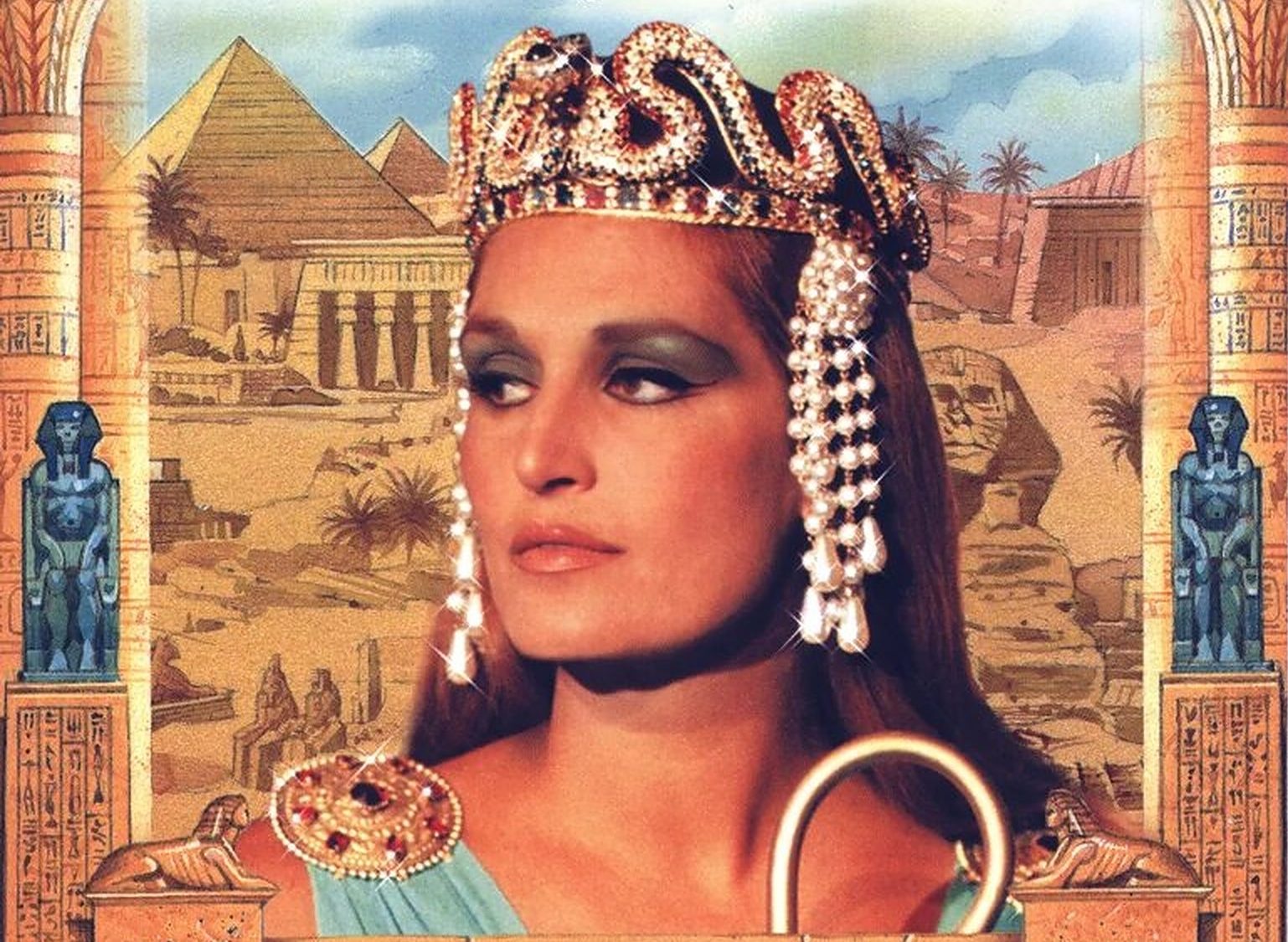Lifestyle
3.8.2023
Dalida, the Egyptian

An icon of French music, Dalida is one of the most recognized names of the song in the whole world. Her Egyptian heritage, sometimes unknown, has played a major role in her rise to fame.
Roots in Italy, beginnings in Egypt
The history of the beginnings of Dalida in Cairo is marked by difficulties as well as triumphs. Born into a family of Italian immigrants, she was named Iolanda Cristina Gigliotti at birth. Her father, Pietro, was a talented musician who played the violin in the local taverns of southern Italy, while her mother, Filomena d’Alba, worked as a seamstress. However, as the family struggled to make ends meet in their hometown of Serrastretta, Calabria, they decided to move to the bustling Shubra district of Cairo, where Iolanda was born.
Despite the initial difficulties of adapting to a new country, the Gigliotti family has managed to thrive in their new community. Pietro’s musical talents earned him a coveted position as primo violino at the Khedivial Opera House in Cairo, while Filomena’s sewing skills provided her with a steady income. Together they were able to buy a two-story house and establish themselves as respected members of the community.
However, life was not without its challenges for young Iolanda. At just 10 months old, she contracted an eye infection that required her to wear bandages for 40 days. Her father’s soothing lullabies on the violin helped her through this difficult time, but she then underwent several eye surgeries between the ages of three and five. Despite her best efforts, she was forced to wear glasses throughout elementary school and was often bullied for it.

Dalida in 1937
Persistence in the face of difficulties
Despite these setbacks, Iolanda remained a diligent student and attended Scuola Tecnica Commerciale Maria Ausiliatrice, an Italian Catholic school located in northern Shubra. However, her world was turned upside down in 1940 when Allied forces took her father and other Italian men from their neighborhood to a prison camp in the desert near Cairo during World War II. When Pietro was released in 1944, he returned home a changed man, prone to violent outbursts that frightened Iolanda and the other neighborhood children. Unfortunately, he died of a brain abscess a year later, leaving a profound impact on his young daughter.
Despite these difficulties, Iolanda remained determined to pursue her dreams. As a teenager, she became interested in theater through her uncle’s job as a projectionist at a local cinema. She began participating in school performances and eventually graduated in 1951. While working as a typist at a pharmaceutical company in Egypt to support her family, she never lost sight of her acting ambitions.
It was her best friend, Miranda, who encouraged her to enter the Miss Ondine beauty pageant, promising that it was just for fun and that her mother would never know. To her surprise, Iolanda wins second prize, and the news is even published in the local newspapers. However, her mother is not happy with her daughter’s newfound fame and forcibly cuts her hair. Nevertheless, Iolanda quit her job and became a model for the Cairo fashion house Donna. Very quickly, Egyptian directors notice her and make her play in their productions, giving her the name of Dalila. Marco de Gastyne entrusted her with a role in The Mask of Tutankhamen (1954), while Niazi Mostafa offered her a supporting role in A Glass and a Cigarette (1954). The young star also won the crown of Miss Egypt in 1954.
Dalida, on the river Nile 😍#Egypt pic.twitter.com/7TnleQAH59
— Samah khair ♏ (@samah_khair) February 15, 2017
Dalida’s career takes off
In 1954, Dalida moved to France, where she continued her musical career. With her captivating voice, elegance and charisma, she soon became known and attracted the attention of a record company. She recorded her first song, “Madona” in 1956, which became a hit in France, beginning a very successful career marked by several hit songs in French, Italian, Arabic and Spanish, demonstrating her linguistic versatility and multicultural background.
Dalida’s rise to fame was not limited to France but extended to other countries such as the United States and Japan. Her electrifying performances made her songs touch the hearts of millions around the world. In 1958, she won the prestigious Olympia Music Hall award, consolidating her status as a star of French and world music.
Voir cette publication sur Instagram
An unparalleled but tragic success
Dalida’s career is mostly marked by music, with hits like Gondolier, Bambino, or Paroles Paroles featuring Alain Delon. But the star has made reappearances in the cinema and especially in Egyptian cinema, as her participation in the Sixth Day, a film by Youssef Chahine, Egyptian director of Lebanese origin, released in 1986. The film was a great success in Egypt where three million people gathered in Shubra, her hometown, to meet Dalida at the premiere of the film.
The Sixth Day is not the only Egypt-related work Dalida has been involved with. In fact, the artist paid tribute to her Egyptian heritage, which played an important role in shaping her identity and inspired some of her most memorable songs. In “Salma Ya Salama”, a song composed by Egyptian musician Sayed Darwich, Dalida celebrates the beauty of Egypt and its people, while in “Helwa Ya Baladi”, she expresses her nostalgia for her homeland, remembering the beauty of her native country and its traditions.
Despite her success, Dalida’s personal life was marked by sadness and tragedy. She suffered from depression, which led her to make several suicide attempts. She also had to deal with heartbreak in her relationships. In 1987, Dalida took her own life, leaving behind a legacy that helped propel her native country into the spotlight of the global cultural scene.
popular

